Search
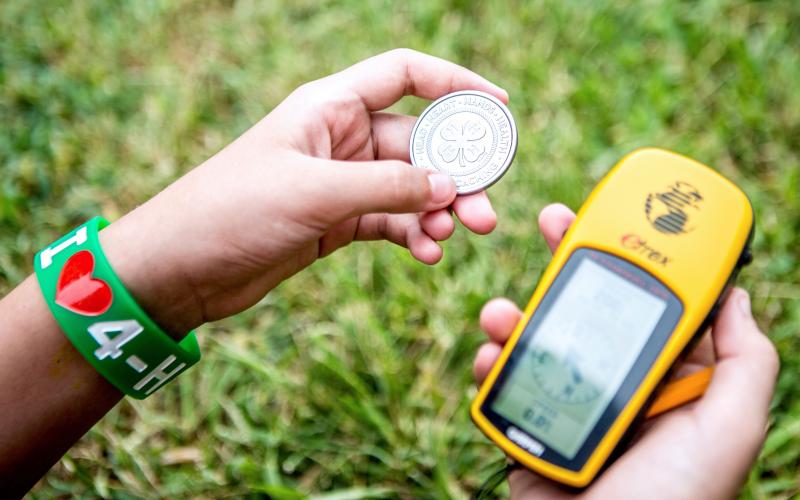
Science, Technology, Engineering and Math (STEM)
STEM programing supports youth in developing a variety of skills including critical thinking, team work and communication.

Adaptable Home Overview
The Adaptable Home Series is a tool to help consumers who are looking to find a home that can be modified to meet the needs of people with disabilities and older adults without the need for costly structural renovations.

Engineering Cooperatives in the 21st Century: Education, Research, and Outreach
The Cooperative structure represents a unique organization type that is governed/owned by the users of the services and products. South Dakota has many types of Cooperatives, some organizations are not readily recognized as Cooperatives however, like mutual insurance, credit unions, etc. More commonly, Cooperatives are associated with Farmer Cooperatives that are prevalent in South Dakota.
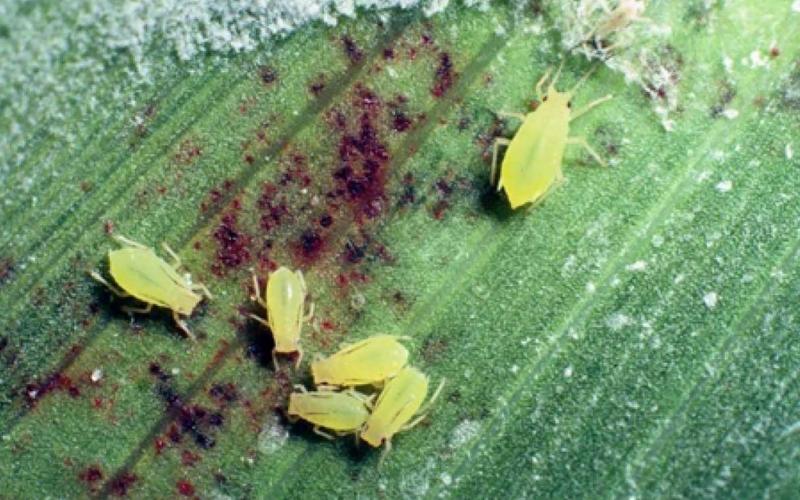
Low-Level Aphid Populations Present in Wheat
Reports of aphid populations in wheat fields have been slowly increasing in the past week. Most of these populations are well below the economic threshold, but there is a potential for them to increase.
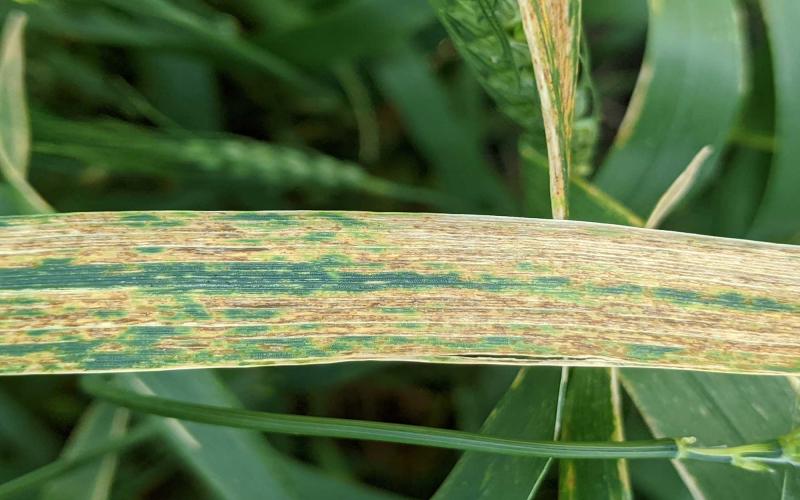
Bacterial Leaf Streak Developing at Low Level in Winter Wheat
A few winter wheat fields were found with bacterial leaf streak starting to develop at low levels. Bacterial leaf streak is usually observed starting from flag leaf growth stage. It can be severe on the upper leaves when there is prolonged leaf wetness resulting from frequent rains.
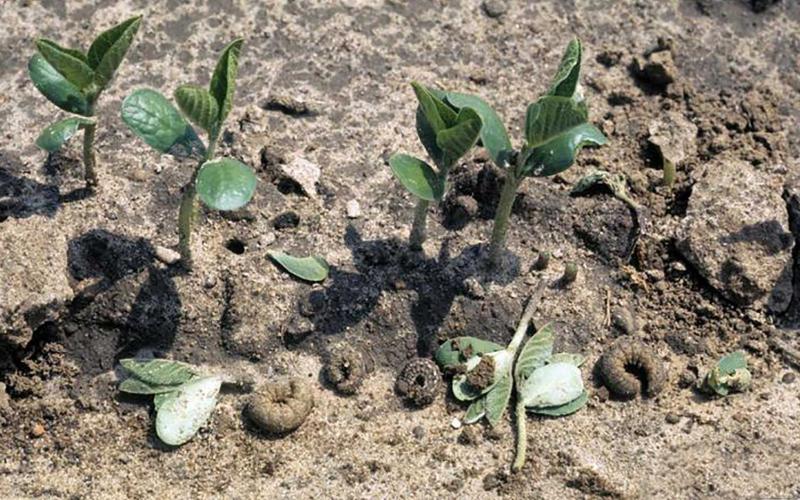
Scout Soybean for Black Cutworm Activity
Typically, we are concerned with black cutworm activity in corn fields. However, 2020 has been anything but a typical year and we are instead concerned with black cutworm activity in soybean fields.
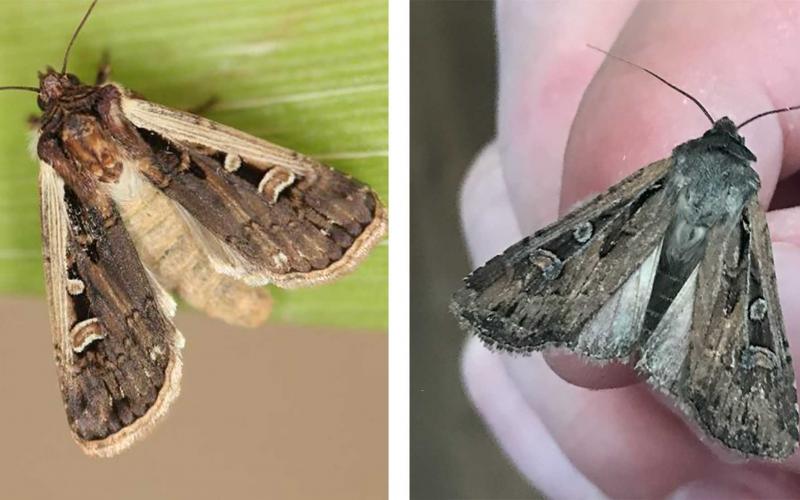
Army Cutworm Moths Among the Recently Reported Western Bean Cutworm Moths
Last week, we published an article about the presence of western bean cutworm moths being very abundant throughout Central and Western South Dakota. However, when talking with an entomologist from a neighboring state, they suggested the moths could also be army cutworm moths.
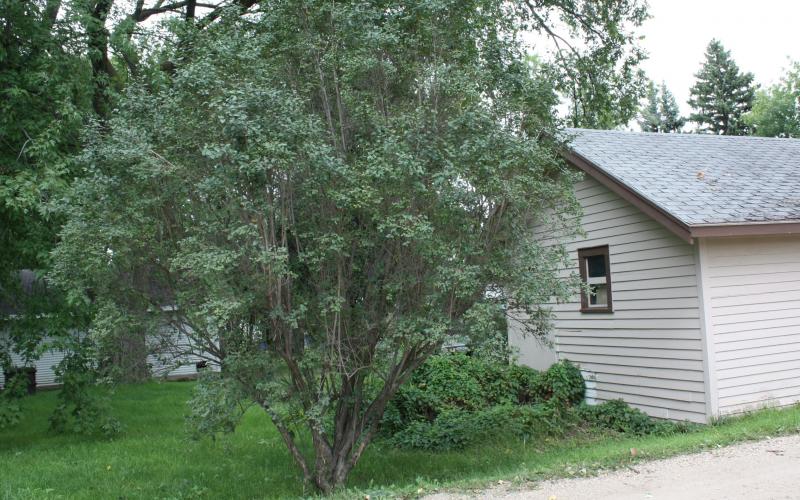
Woody Weeds: Tatarian Honeysuckle
Tatarian honeysuckle (Lonicera tatarica) was brought to North America from Asia in the mid-18th century for ornamental uses. In South Dakota it was also used as a windbreak species until the 1980s.
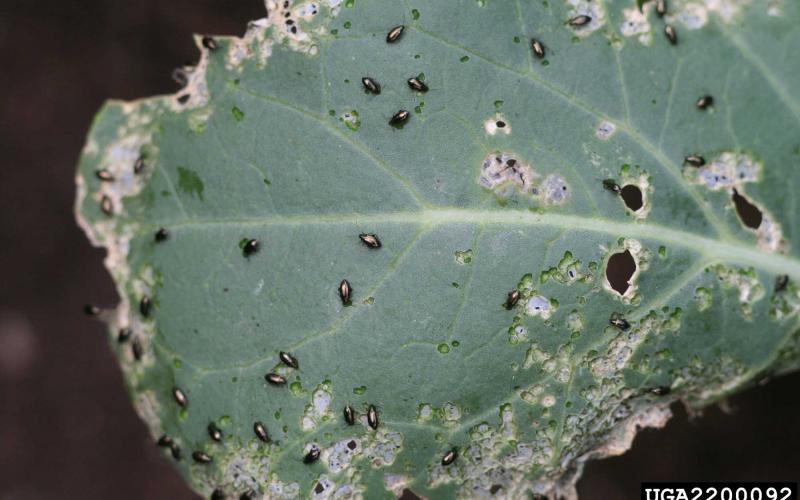
Flea Beetles in the Garden
Flea beetles have been out in full force so far this year. This group of herbivorous beetles can be a pest of many different garden plants, including tomatoes, peppers, beans, squash, lettuce and others.
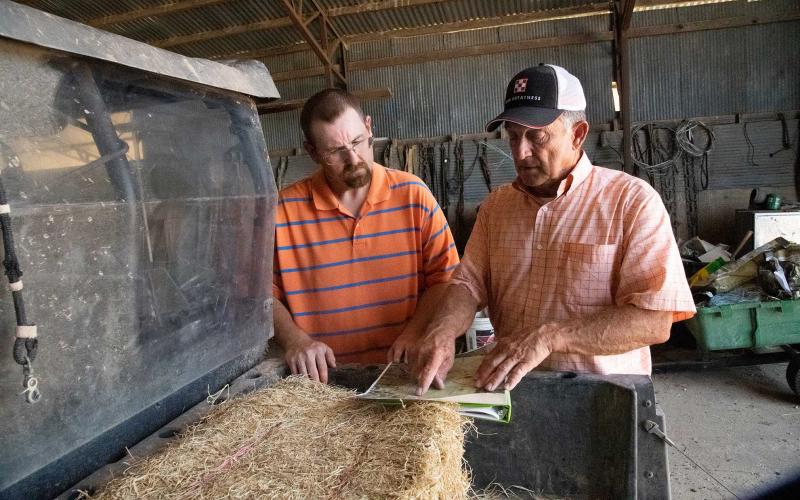
Livestock Risk Protection for Cattle
Price rallies, general price volatility and concern that prices may move lower could lead producers to insure livestock prices. Livestock Risk Protection is an insurance program that covers the single-peril or risk of lower prices on fed cattle and feeder cattle.